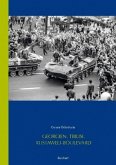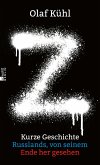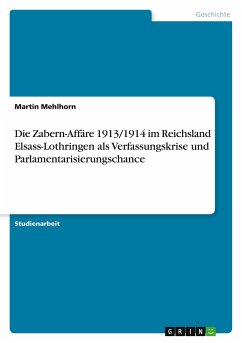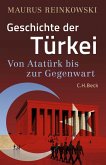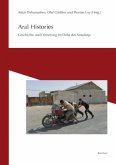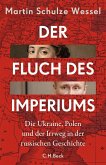This study clarifies the question to what extent the narrative of the Chechens, which has been handed down for centuries by Russian historians, is a religious fanatic. To this end, the importance of Islam between 1757 and 1961 for the militant resistance of the Chechens to the central state is examined. The result is a theoretical model describing Islam as a multifunctional stability regulator of the Chechen social fabric, which preserved it from the continued exogenous violence by Russia.
Hinweis: Dieser Artikel kann nur an eine deutsche Lieferadresse ausgeliefert werden.
Hinweis: Dieser Artikel kann nur an eine deutsche Lieferadresse ausgeliefert werden.


